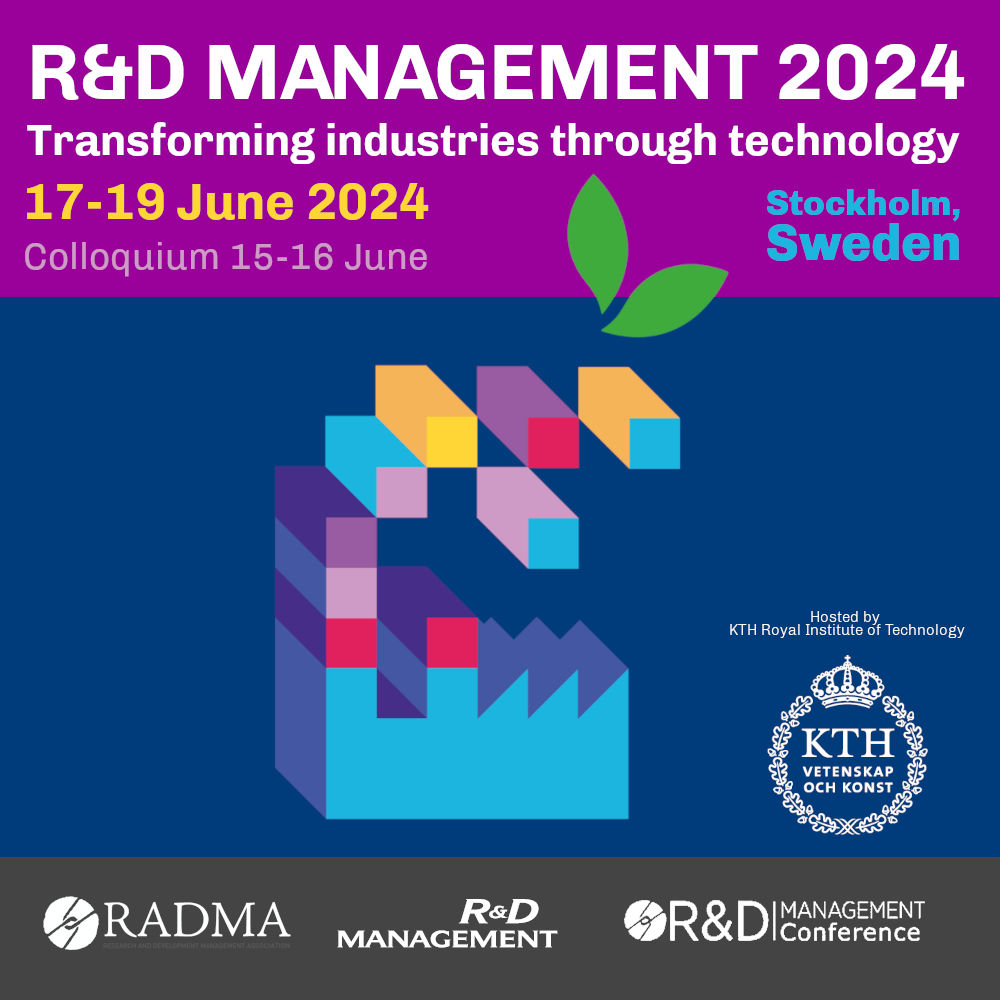This track calls for papers investigating the relationship between interorganisational collaborations and circular economy (CE) initiatives. The papers should address how inter-organisational collaborations (e.g., open innovation initiatives, ecosystems, platforms) can influence the implementation of CE initiatives and how CE initiatives can favour or hinder interorganisational collaborations.
What do you think are the most disruptive influences impacting developments in your track?
Progress in implementing circular economy initiatives has been slow so far, with the global economy becoming less rather than more “circular”. A relevant reason behind such slow progress can be the lack of collaboration among the actors involved. Understanding the dynamics underlying the link between circular economy and inter-organisation collaboration (e.g., open innovation initiatives, ecosystems, platforms) is crucial.
On the one hand, inter-organisational collaboration could be a cornerstone for implementing circular economy initiatives, potentially speeding up circular economy implementation. On the other hand, circular economy initiatives could trigger inter-organisational collaboration and open innovation projects, ultimately representing an opportunity to harness the related advantages, such as faster time-to-market, reduced development risks, and organisational learning.
Furthermore, it would be important to understand how companies can move from bilateral collaborations to networks, and ultimately to platform and ecosystem models that promote circularity and are economically viable. Remarkably, despite the growing interest in both circular economy initiatives and inter-organisational collaboration by policymakers, academics and practitioners, the research about their relationship is still in its early stages.




Can you describe some recent findings in this area that are of interest to you personally?
As aforementioned, few recent studies dealt with the link between inter-organisational collaboration and circular economy initiatives. Cricelli et al. (2021) discussed how increasing the diversity of actors can harm innovation performance depending on leadership and the facilitation of innovation processes. Bocken and Ritala (2021) introduced the concept of open innovation strategy in the context of circular business models, i.e. “connecting with external partners or customer and user communities to boost the circularity of the business model” (Page 5). The authors stressed how the open innovation strategy could provide a rapid scale-up of the reuse initiatives, along with new solutions to excess resources in other organisations.
Similarly, van Bruggen, Zonneveld et al. (2022) argue that circular economy has so far taken a more competitive approach focused on the differences between stakeholders and their contested solutions, and propose an approach to collaboratively reach shared solutions through discussion and learning to bring perspectives together. From another perspective, Rasool et al. (2023) observed that firms adopting reverse logistics practices are likely to experience higher degrees of inter-organisational collaboration and digitalization.
Furthermore, recent research has suggested that collaborations for the CE can be scaled up using digital platforms and CE ecosystems (Ritala, 2023). Questions remain open on the scalability and governance of such initiatives. It would be important to understand how companies can move from bilateral collaborations to networks, and ultimately to platform and ecosystem models that promote circularity and are economically viable. Please see our track description for the references.
If someone was new to this topic what would you suggest they read to get a quick overview of the issues?
Cricelli, L., Greco, M., & Grimaldi, M. (2021). An investigation on the effect of inter-organizational collaboration on reverse logistics. International Journal of Production Economics, 240(September 2020), 108216. https://doi.org/10.1016/j.ijpe.2021.108216
Velenturf, A. P. M., & Purnell, P. (2021). Principles for a Sustainable Circular Economy. Sustainable Production and Consumption. https://doi.org/10.1016/j.spc.2021.02.018
Bocken, N., & Ritala, P. (2021). Six ways to build circular business models. Journal of Business Strategy, https://doi.org/10.1108/JBS-11-2020-0258
Rasool, F., Greco, M., Morales-Alonso, G., & Carrasco-Gallego, R. (2023). What is next? The effect of reverse logistics adoption on digitalization and inter-organizational collaboration. International Journal of Physical Distribution & Logistics Management. https://doi.org/10.1108/IJPDLM-06-2022-0173
Ritala, P. (2023). Grand challenges and platform ecosystems: Scaling solutions for wicked ecological and societal problems (2023). Journal of Product Innovation Management. https://doi.org/10.1111/jpim.12682
van Bruggen, A. R., M. Zonneveld, M. C. Zijp and L. Posthuma (2022). “Solution-focused sustainability assessments for the transition to the circular economy: The case of plastics in the automotive industry.” Journal of Cleaner Production 358: 131606.

R&D Management Conference 2024: Transforming industries through technology
KTH Royal Institute of Technology, Stockholm,
17-19 June 2024
Track 16: Inter-organisational collaborations for a better and “circular” future
Track chairs:
Benito Mignacca, University of Cassino and Southern Lazio
Marco Greco, University of Cassino and Southern Lazio
Paavo Ritala, LUT University
Anne Velenturf, University of Leeds

